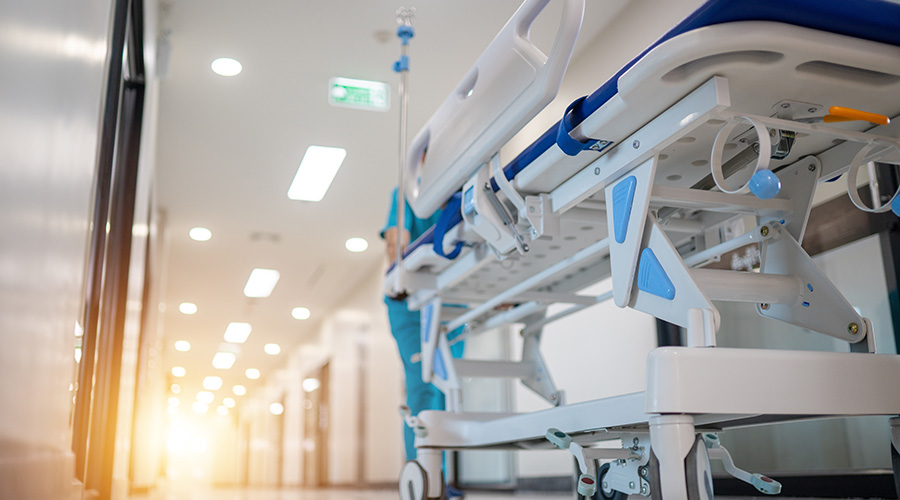As healthcare facilities managers continue to struggle against antibiotic-resistant infections in their buildings, researchers have discovered unwelcome news that threatens to complicate the fight.
Carriers of gram-negative bacteria have a 14 percent chance of developing an antibiotic-resistant infection within 30 days of hospitalization, according to a study from Amsterdam UMC. Researchers examined patients who unknowingly carried the multi-resistant gram-negative bacteria, which is known to cause urinary tract infections and sepsis. They found that almost one in seven of these patients developed an infection that was untreatable by most antibiotics.
The results of the study have been published in The Lancet Infectious Diseases.
Antimicrobial resistance is a serious global health issue in healthcare facilities. Increasing rates of antimicrobial resistance are making infections more difficult to treat. As a result, effective antibiotics are becoming rarer and more expensive. Many countries already are experiencing problems with infections related to bacteria that have become so resistant that no treatment is possible.
The World Health Organization has named antimicrobial resistance as one of the 10 biggest threats to global public health. Over 90 percent of antibiotics used for the treatment of certain conditions, such as urinary tract infections, have become ineffective. This highlights the importance of research into stopping the carriership of resistant bacteria like gram-negative bacteria, in order to prevent untreatable infections

 Grounding Healthcare Spaces in Hospitality Principles
Grounding Healthcare Spaces in Hospitality Principles UC Davis Health Selects Rudolph and Sletten for Central Utility Plant Expansion
UC Davis Health Selects Rudolph and Sletten for Central Utility Plant Expansion Cape Cod Healthcare Opens Upper 2 Floors of Edwin Barbey Patient Care Pavilion
Cape Cod Healthcare Opens Upper 2 Floors of Edwin Barbey Patient Care Pavilion Building Sustainable Healthcare for an Aging Population
Building Sustainable Healthcare for an Aging Population Froedtert ThedaCare Announces Opening of ThedaCare Medical Center-Oshkosh
Froedtert ThedaCare Announces Opening of ThedaCare Medical Center-Oshkosh